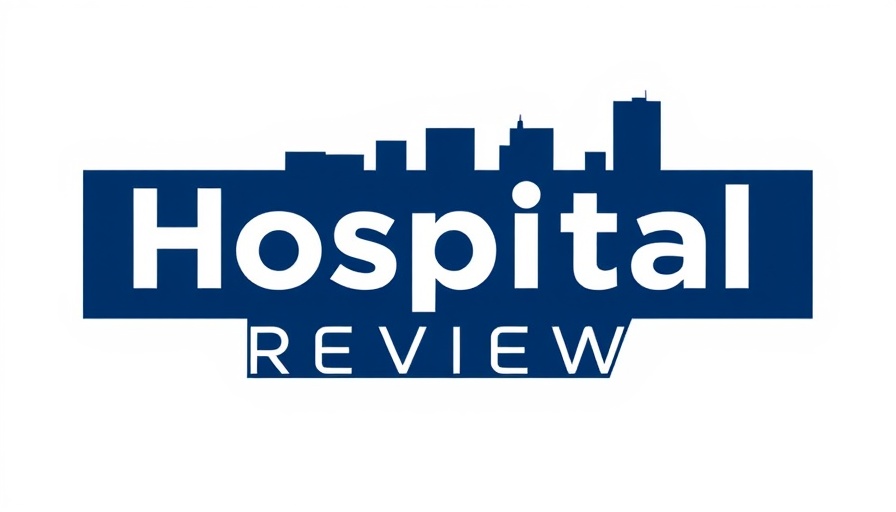
Understanding the Impact of Supreme Court Rulings on Tariffs
In the realm of U.S. trade policy, recent Supreme Court decisions during President Joe Biden's administration could potentially unravel the extensive tariffs instituted by former President Donald Trump. This situation arises from a legal principle known as the "major questions doctrine," which posits that federal agencies require explicit legislative authority to make significant economic decisions. This understanding stems from the Supreme Court's rejection of major actions by federal entities lacking clear congressional support, including environmental regulations and economic aid decisions.
Historical Context of Tariffs Under Trump
Trump’s tariffs, projected to generate substantial revenue for the government—approximately $1.4 trillion over the next decade, according to the Tax Foundation—have been a cornerstone of his economic strategy. These tariffs aimed to protect American industries and jobs from foreign competition, but they also sparked considerable debate regarding their economic repercussions. With the U.S. Court of International Trade's recent ruling that many of these tariffs might exceed presidential authority, an urgent question emerges: how will this ruling shift the balance of power in economic policy-making?
Legal Challenges Pointing Towards Change
The U.S. Court of International Trade's unanimous ruling against the tariffs has highlighted a divided narrative within the judiciary regarding executive power in matters of trade and national security. While Trump's administration contended the tariffs were necessary under the authorization granted by Congress, critics argue that such sweeping economic measures require far more scrutiny and a clearer mandate from lawmakers.
Potential Consequences of Supreme Court Decisions
As the appeals process unfolds, the implications of the Supreme Court's subsequent decisions could redefine future executive actions on trade and more broadly impact healthcare, especially concerning reimbursement frameworks and employee health benefits. Healthcare providers, including independent physicians and pharmacists, could face changes in their operational landscapes influenced by these decisions. If tariffs are curtailed, the adjustments could affect practice automation, employee health benefits, and even costs associated with medical supplies.
Empowering Healthcare Providers Through Awareness
Healthcare practitioners must stay informed about how shifts in federal policy could influence their practices. Tariffs play a critical role in determining the costs of medical supplies, which directly affect overall practice revenue and patient engagement tools, balancing the pursuit of profitability with compliance efforts.
Steps for Healthcare Providers Moving Forward
As these legal decisions progress, independent pharmacies and medical providers can enhance their adaptability by embracing healthcare automation tools. Incorporating tech solutions, such as AI-driven patient engagement platforms and practice efficiency solutions like remote therapeutic monitoring, can help mitigate the financial impact of tariff-driven supply cost fluctuations. Furthermore, exploring opportunities for Medicare-backed services and healthcare compliance measures will foster resilience against uncertain economic environments.
Conclusion: Staying Proactive in a Changing Landscape
The ongoing legal battle surrounding Trump's tariffs presents an essential opportunity to reflect on the broader context of healthcare policy influenced by economic conditions. Healthcare providers are encouraged to keep abreast of policy changes and adapt strategies that prioritize financial stability, patient care quality, and overall operational efficiency. Embracing tools such as telehealth and exploring innovative practice automation will be key to navigating future uncertainties.
 Add Row
Add Row  Add
Add 




Write A Comment